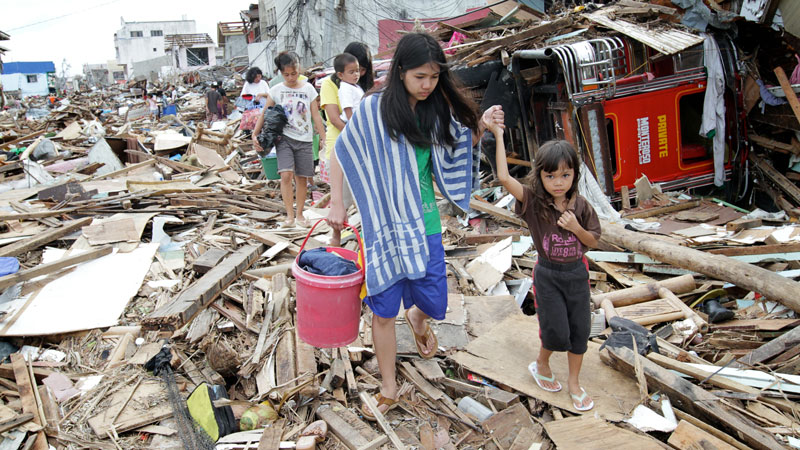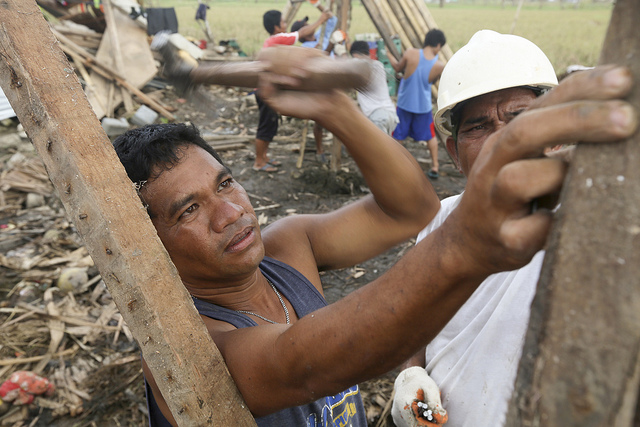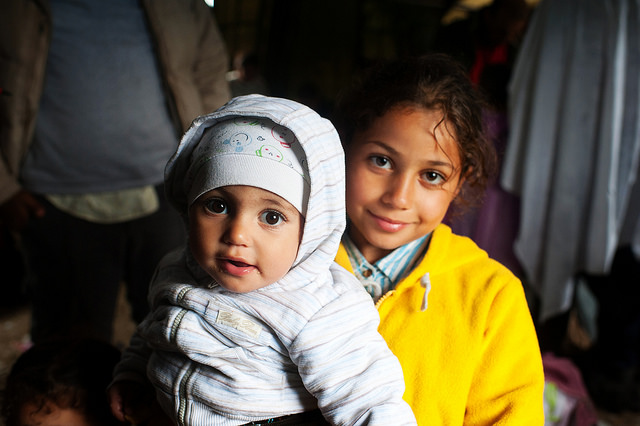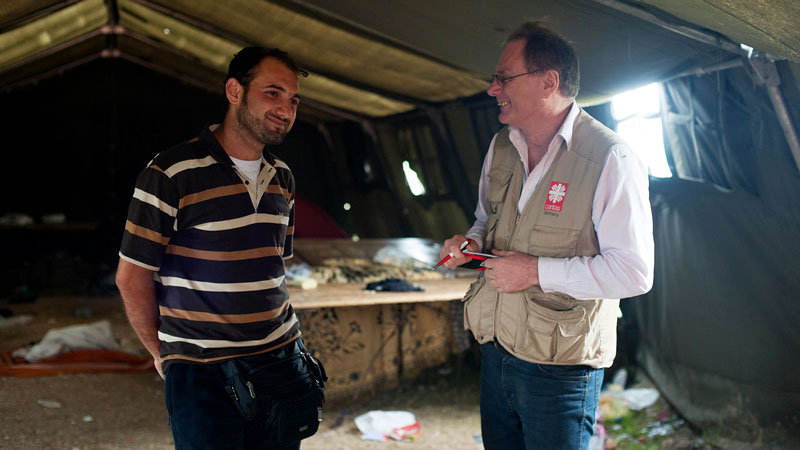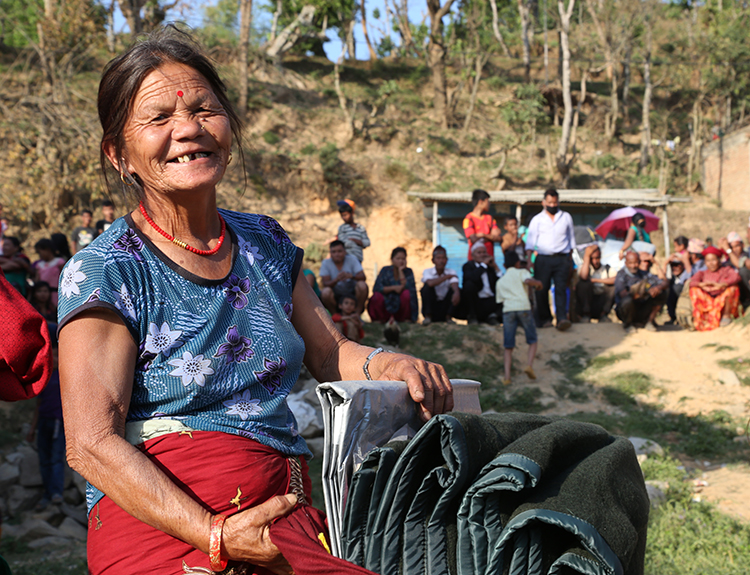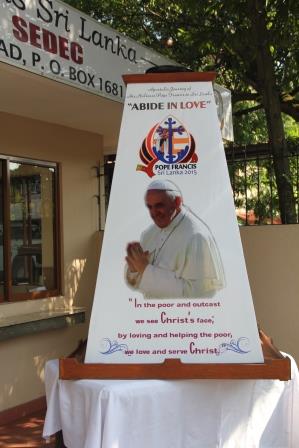Refugee crisis: update from Lesbos
November 6, 2015
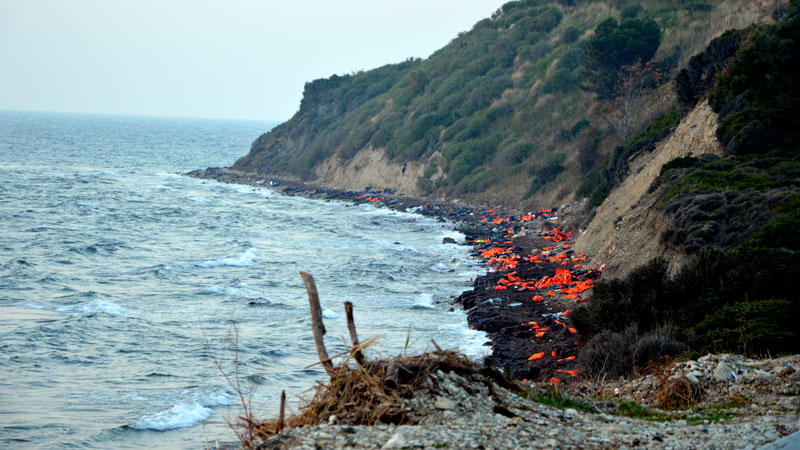
Zoe Corden from CAFOD’s Emergency Response Team is currently in Greece, supporting our local partners in their response to the refugee crisis. She writes:
Flying into Lesbos you see the aftermath of the crossings before you even land on the island. Along the coast scarlet life-jackets and sodden clothes litter the narrow bay, evidence of the previous crossings. Out to sea in the distance it is possible to see Turkey rising on the horizon.
This week there have been strikes among transport workers in Turkey. This has meant that everyone, Greeks and refugees alike, are stranded on the islands unless they purchase expensive flights. No departures were scheduled until Friday, and these are likely to be hugely oversubscribed.
Please donate to our refugee crisis appeal
Father Leon, whose parish covers the islands of Chios and Lesbos, was meant to return to his home island of Chios after visiting Lesbos on Sunday, but he remains on the island, stranded just as the refugees are. On Wednesday we had the opportunity to visit Kara Tepe refugee camp with him while he waited to return home. Continue reading “Refugee crisis: update from Lesbos”
